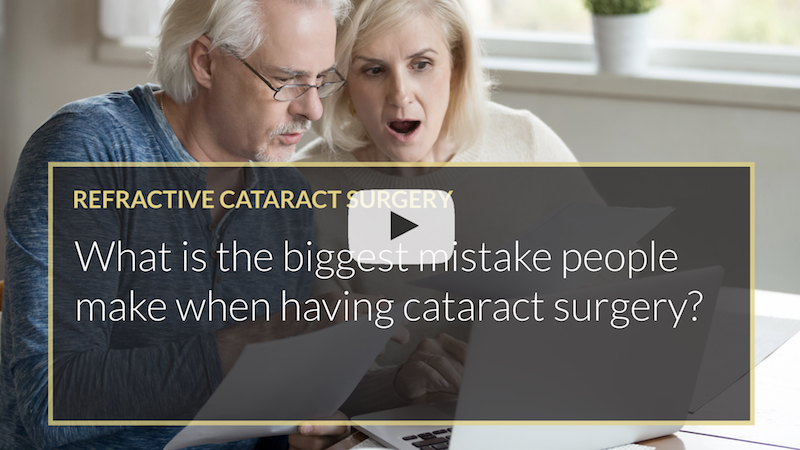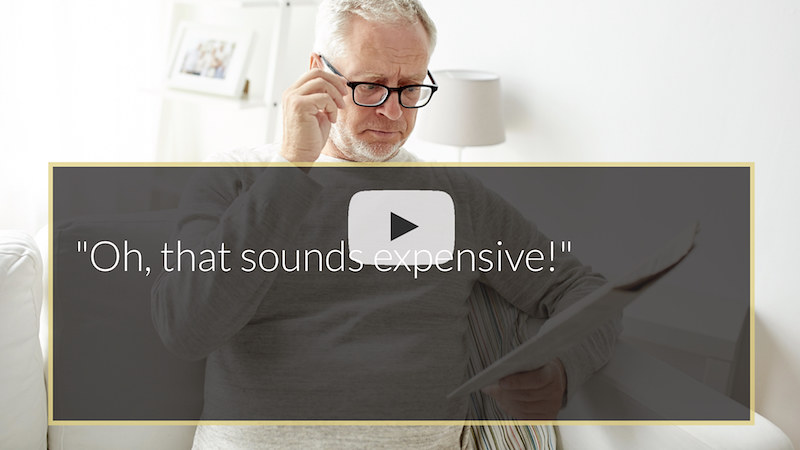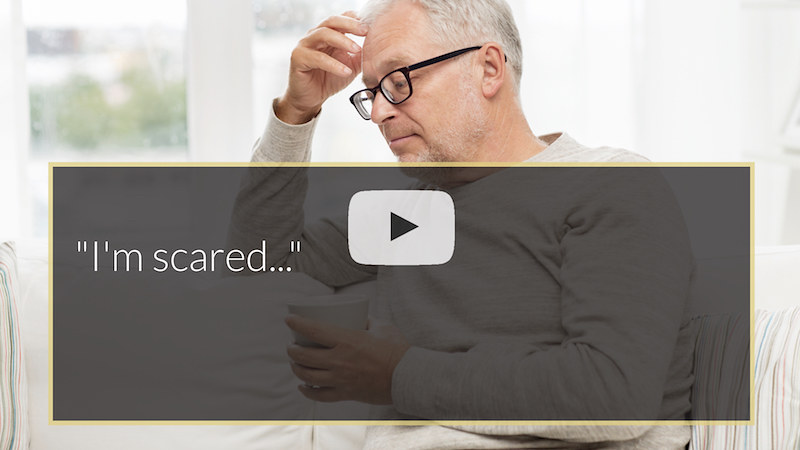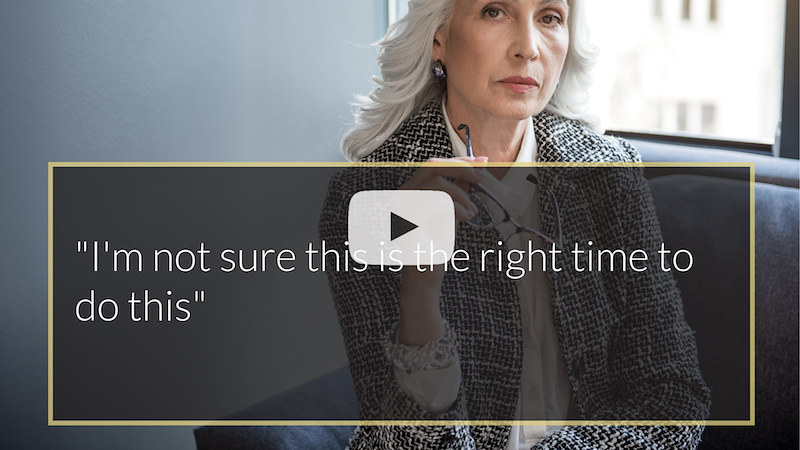
IN THIS VIDEO PROF MOHAMMED MUHTASEB REVEALS HOW LONG REFRACTIVE CATARACT SURGERY TAKES
How long does refractive cataract surgery take?
On average, the actual surgical procedure takes between 12 to 15 minutes.
Refractive cataract surgery takes as long as it takes to get a good result. Patients are with us in the day surgery centre for two to three hours. When they arrive, the nurses will check them in and put special drops in their eyes to make their pupils big. Then when they’re ready for the procedure to take place, they come through to the anaesthetist where the eye is numbed, and then through to where the procedure will take place.
On average, as mentioned, it takes between 12 and 15 minutes. However, some surgeries are a little bit quicker, and some take a little bit longer. Every eye is different, and the most important thing is to ensure the safety of the patient and to maximise the surgical outcome. Therefore, if it needs to take a little bit longer for whatever reason, that’s fine.
Once we have performed the procedure, the patient will go back to the discharging nurse where they’ll get a cup of tea and a bun or a sandwich. The nurse will go through the dos and don’ts of the recovery period, what the patient needs to do with the drops, how the drops are instilled and how many times a day to use them. Then the patient will be allowed to go home…
Don’t let post-COVID cataract queues delay you from getting the treatment you need. Book a call with Cat today
Speak with us over the phone, and get a clear answer on your cataract surgery options from the comfort of your home. You’ll also discover the little known possibility of fixing your reading and/or distance vision at the same as you fix your cataracts. Book your call above today.
The total time with us on a surgical day is between two to three hours.
Surgical procedure time is a small number of minutes.
In terms of the journey from initially contacting the practice to having the procedure and then discharge can be a little bit variable. Once a patient contacts the practice, my PA will give them a range of dates for the initial consultation and will explain some of the important things that patients need to know. For example, we always recommend that someone else comes along with them in case we need to put dilating drops in to dilate the pupils, which is very frequently the case. That would mean a patient could not drive themselves home. The effects of the dilation drops last for a few hours.
Patients who wear contact lenses will have to remove them depending on the kind of medical condition that they’re coming to discuss.
In terms of cataract surgery, if we’re going to take the lens calculation measurements on the day of the consultation, then contact lenses will have to be removed for a certain period preoperatively; depending on whether they’re soft or hard contact lenses. Therefore, there’s a little bit of planning in terms of arranging the consultation. The consultation then takes place, and I discuss the examination findings and the risks and benefits of the various types of procedures that a patient may be suitable for. There’s often a lag here between the consultation and having the surgery itself, but it’s the patient’s schedule that determines that. We try to fit in with their work and leisure and holiday schedule.
After that, the surgery takes place, and we arrange postoperative care. I will conduct the postoperative care in the local clinic or, if a patient has travelled from a significant distance, we may get their optometrist involved locally to undertake the examinations.
I always stay in touch with my patients by telephone, and they have 24/7 access to me personally after the surgery. I give everyone my phone number. They’ll also have my PA’s contact phone number, and they’ll have the hospital’s phone number. We make sure that the postoperative care is in place before the surgery happens.
I invite you to book a consultation to determine your suitability for refractive cataract surgery or refractive lens exchange. It’s the only way to determine your suitability for these procedures and to have an in-depth discussion regarding the risks and benefits of each of them. I look forward to seeing you there and taking you through the journey to achieving your desired postoperative outcome.
Share This Story, Choose Your Platform!
ABOUT THE EXPERT
Prof Mohammed Muhtaseb, FRCOphth
Consultant Cornea, Cataract and Refractive Surgeon
iLase is the private practice of Consultant Ophthalmic Surgeon, Prof Mohammed Muhtaseb. Based in South Wales, he is one of the very few ophthalmologists working in the UK who is a fellowship-trained specialist in Cornea, Cataract and Refractive Surgery. He holds full specialist registration with the General Medical Council and was appointed as a Consultant in the NHS in 2006.




